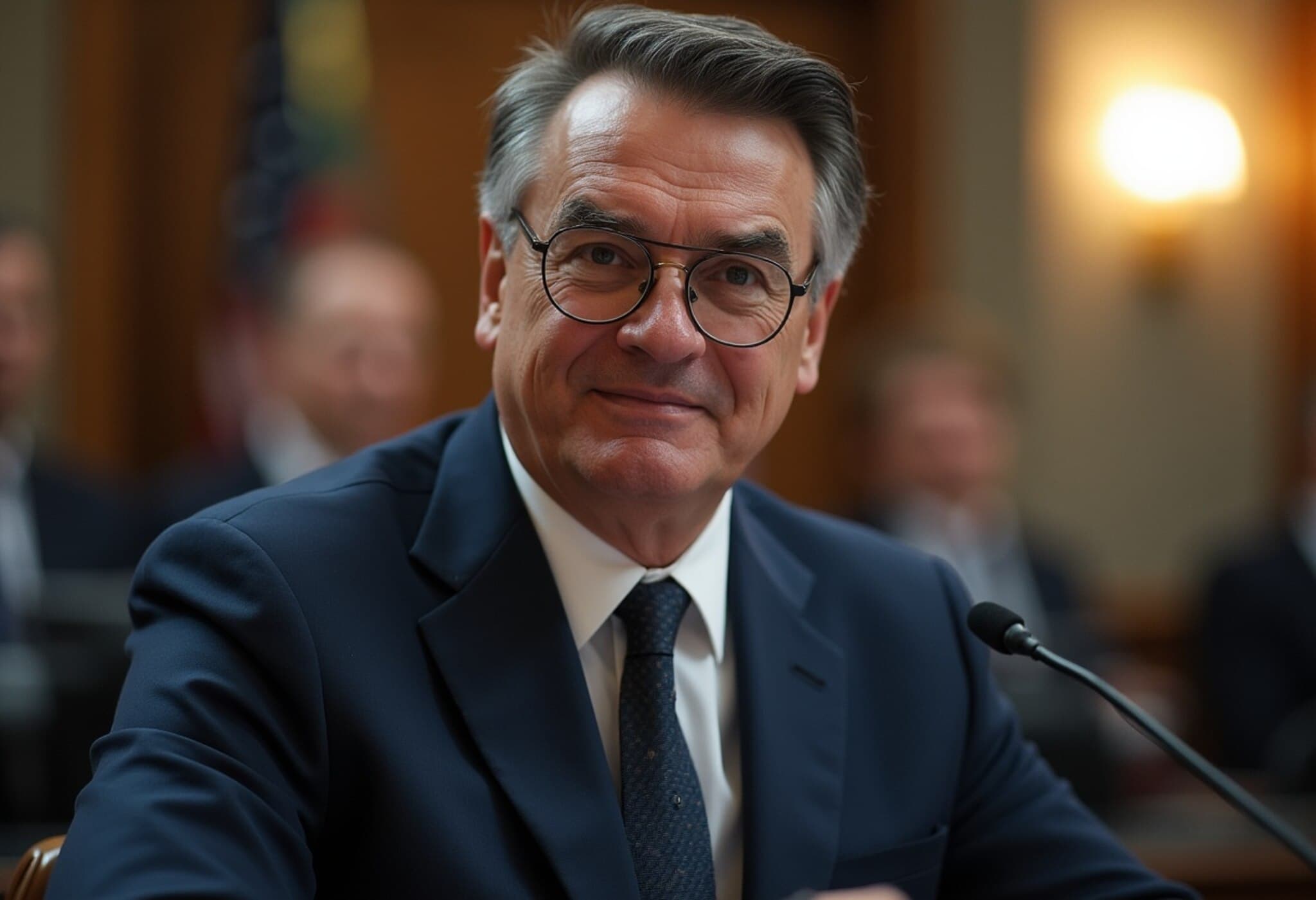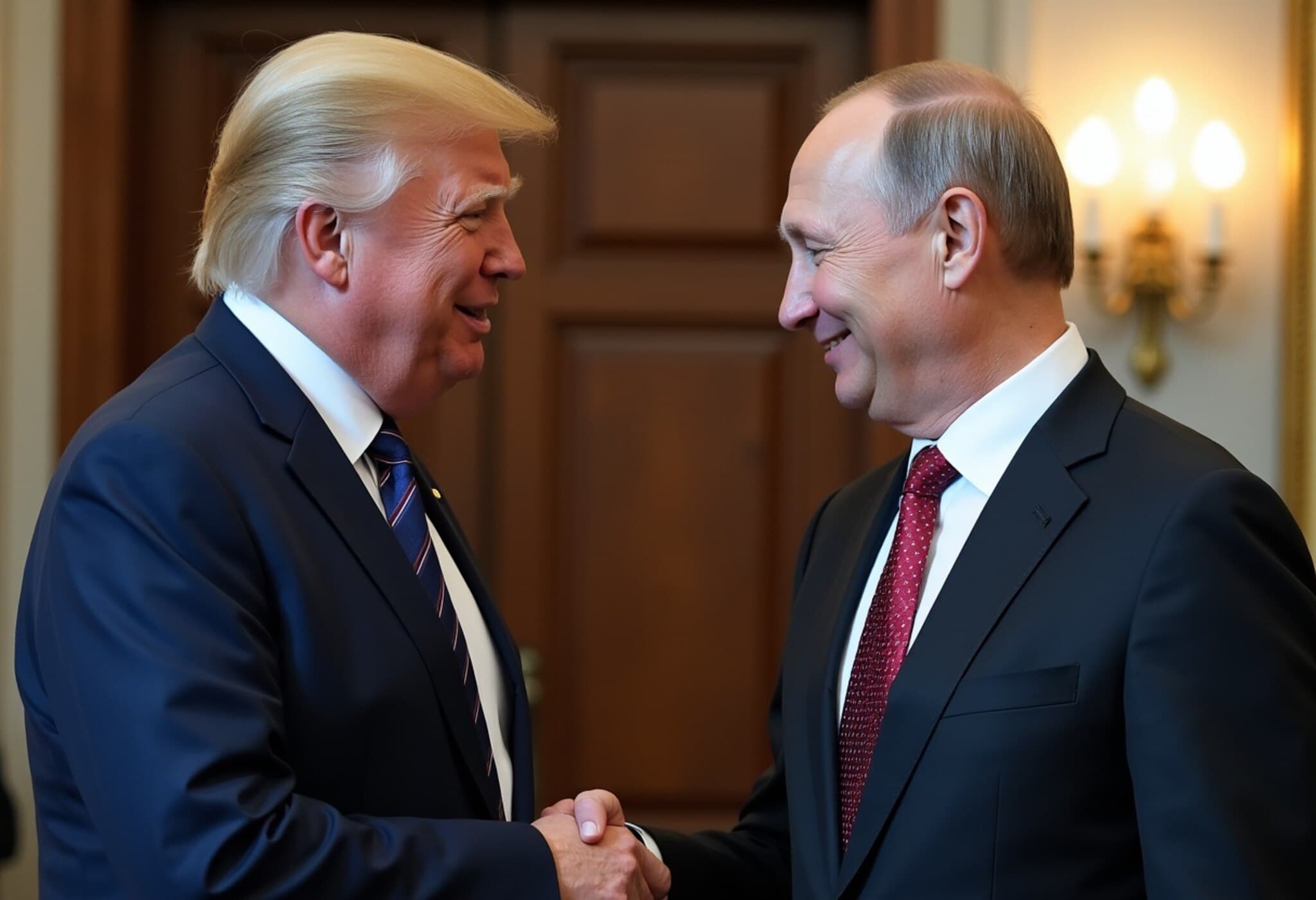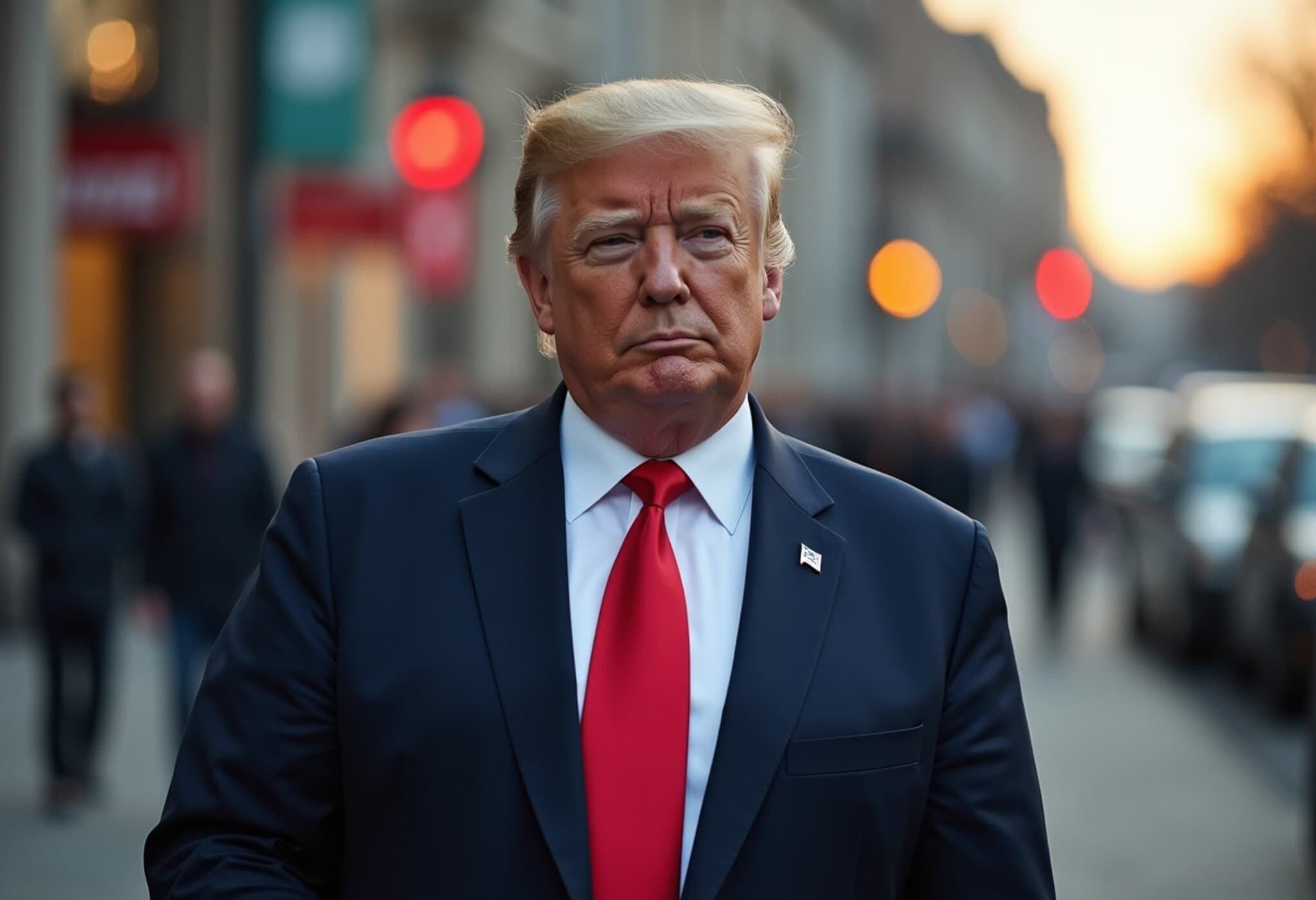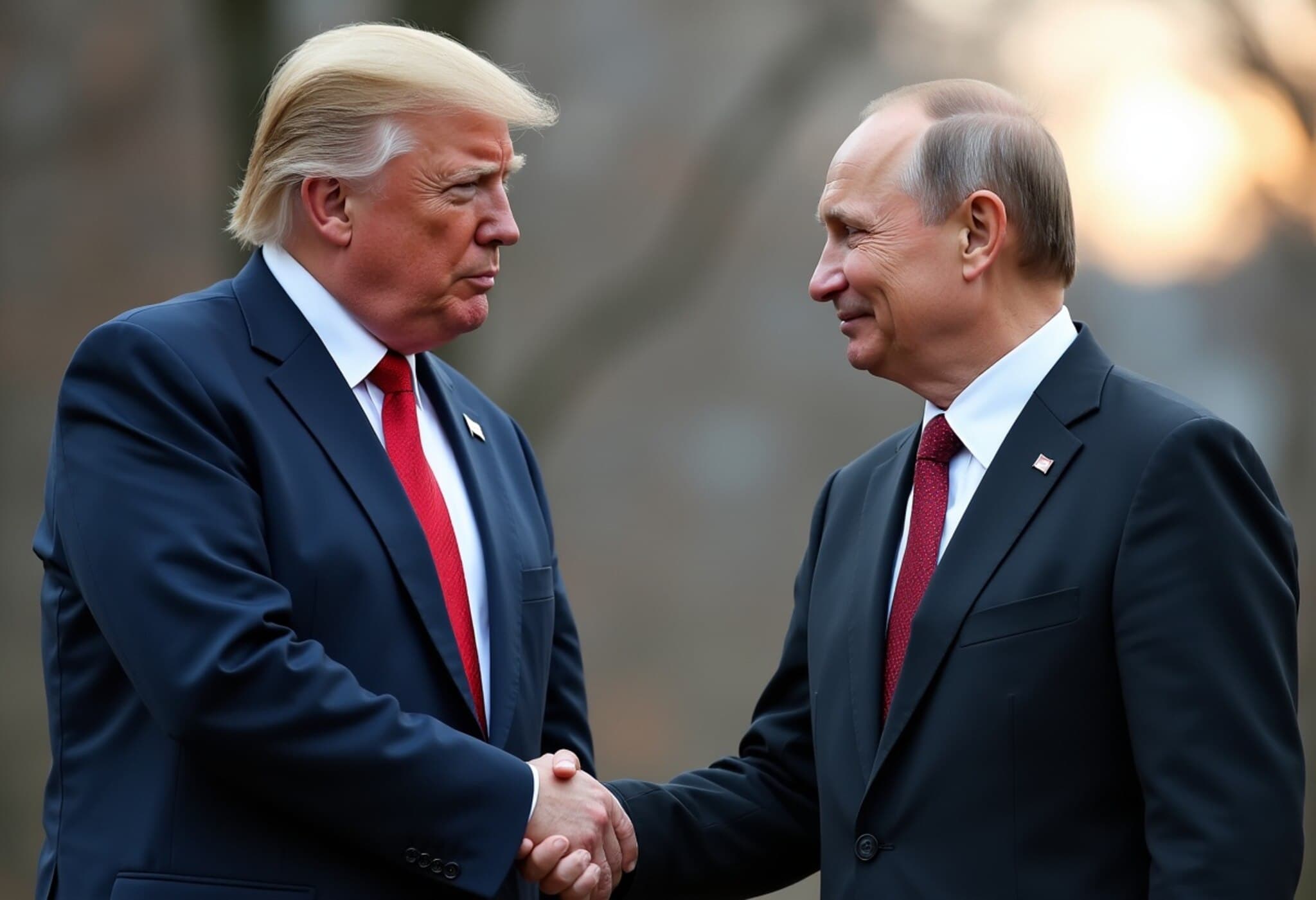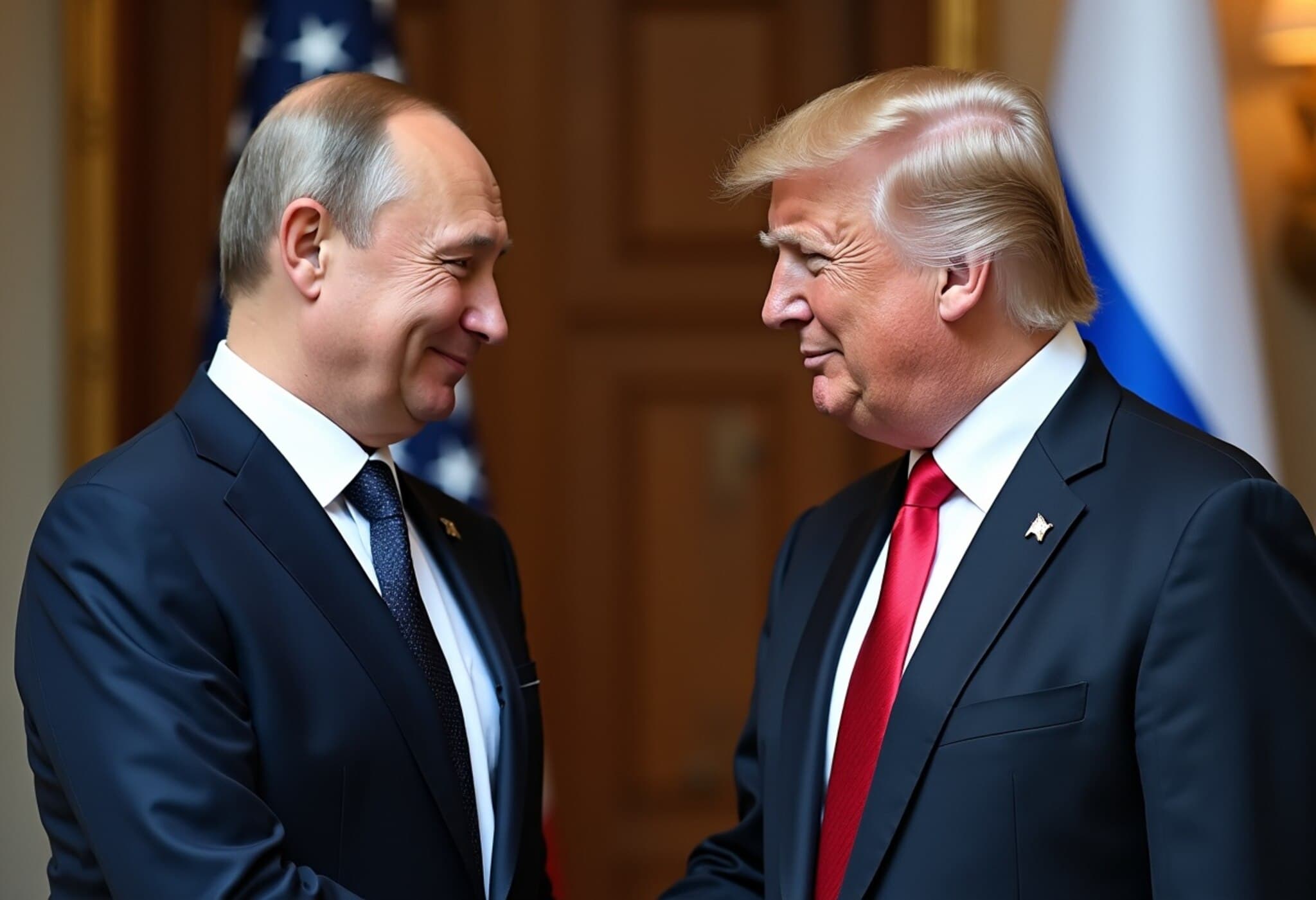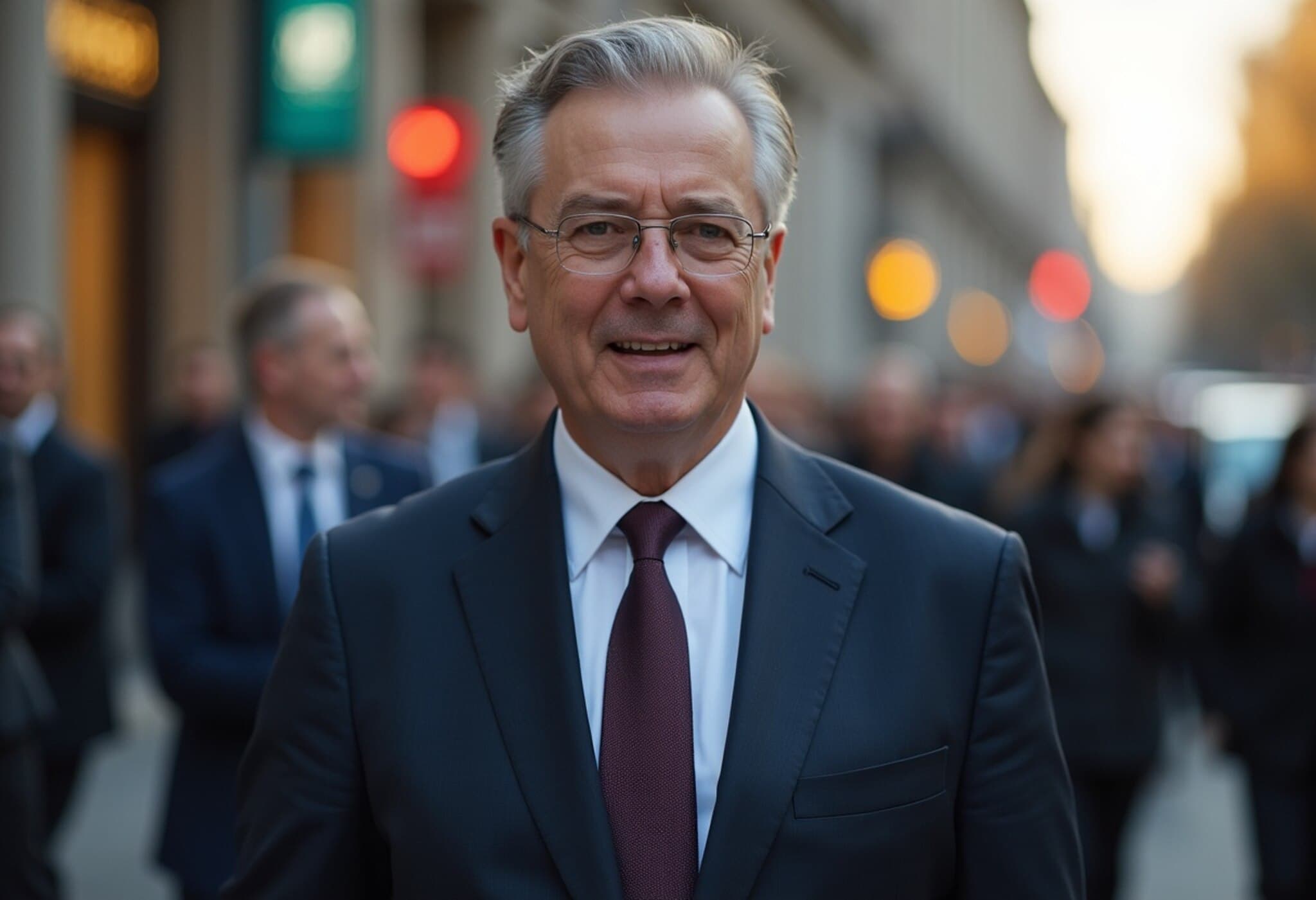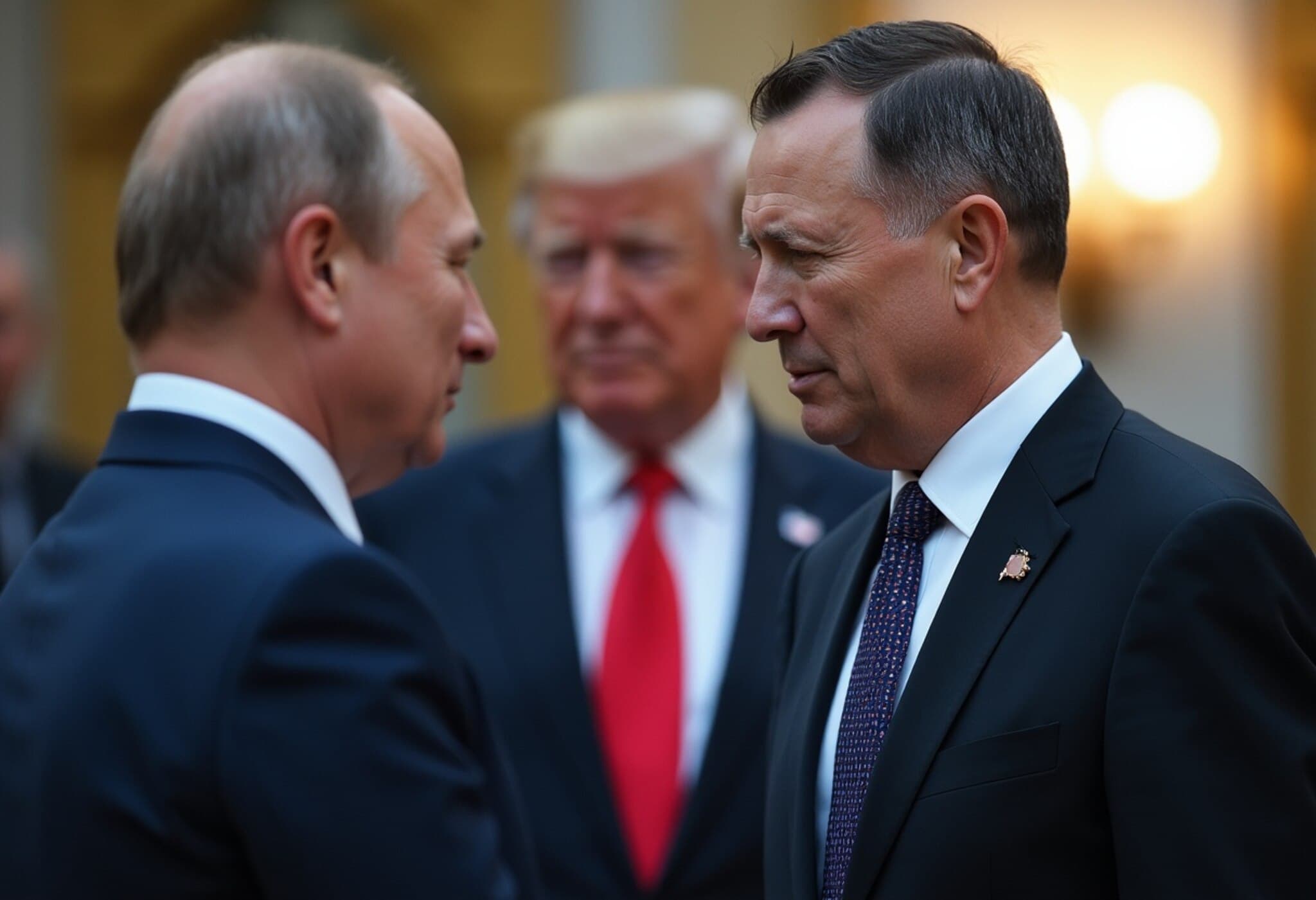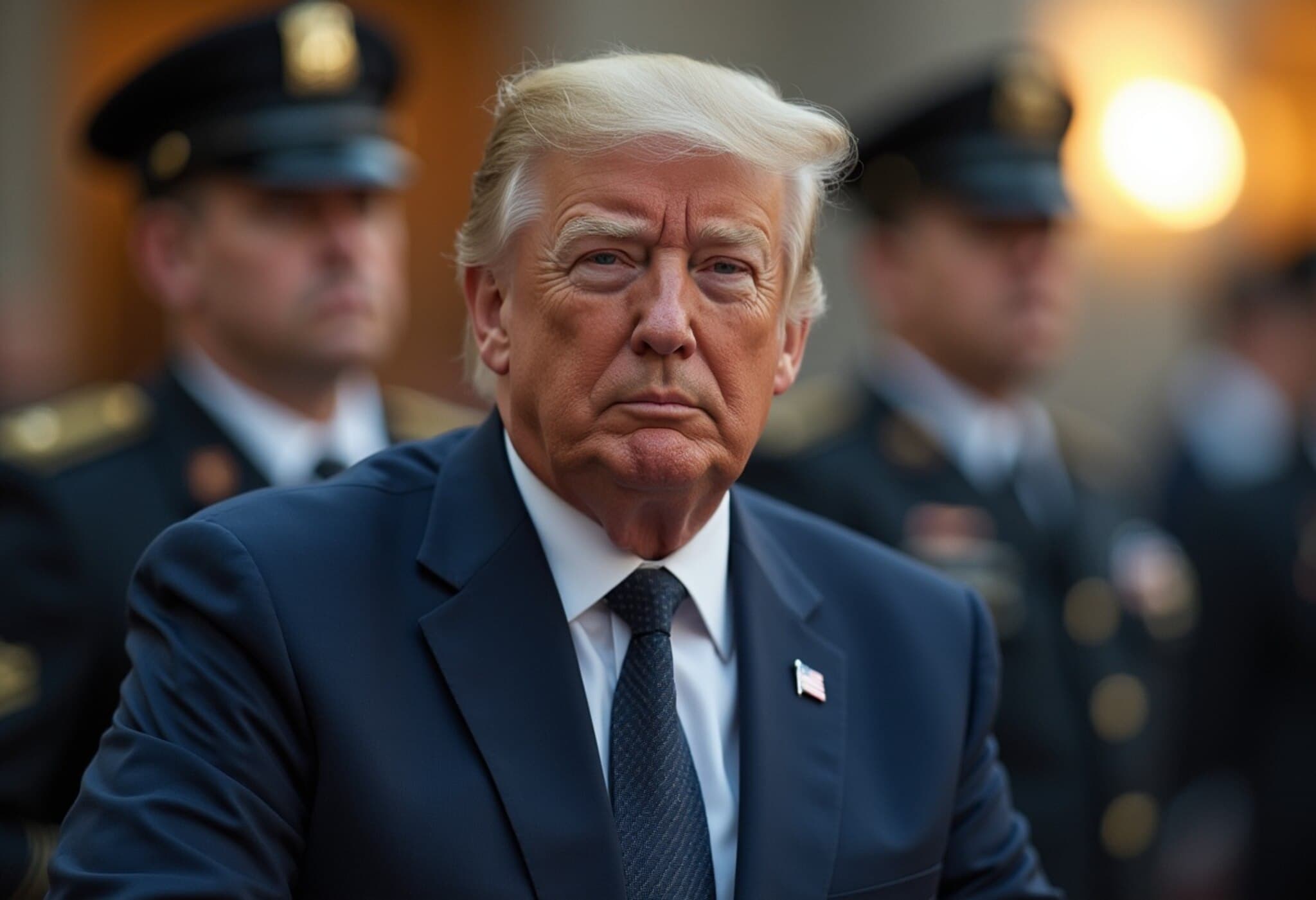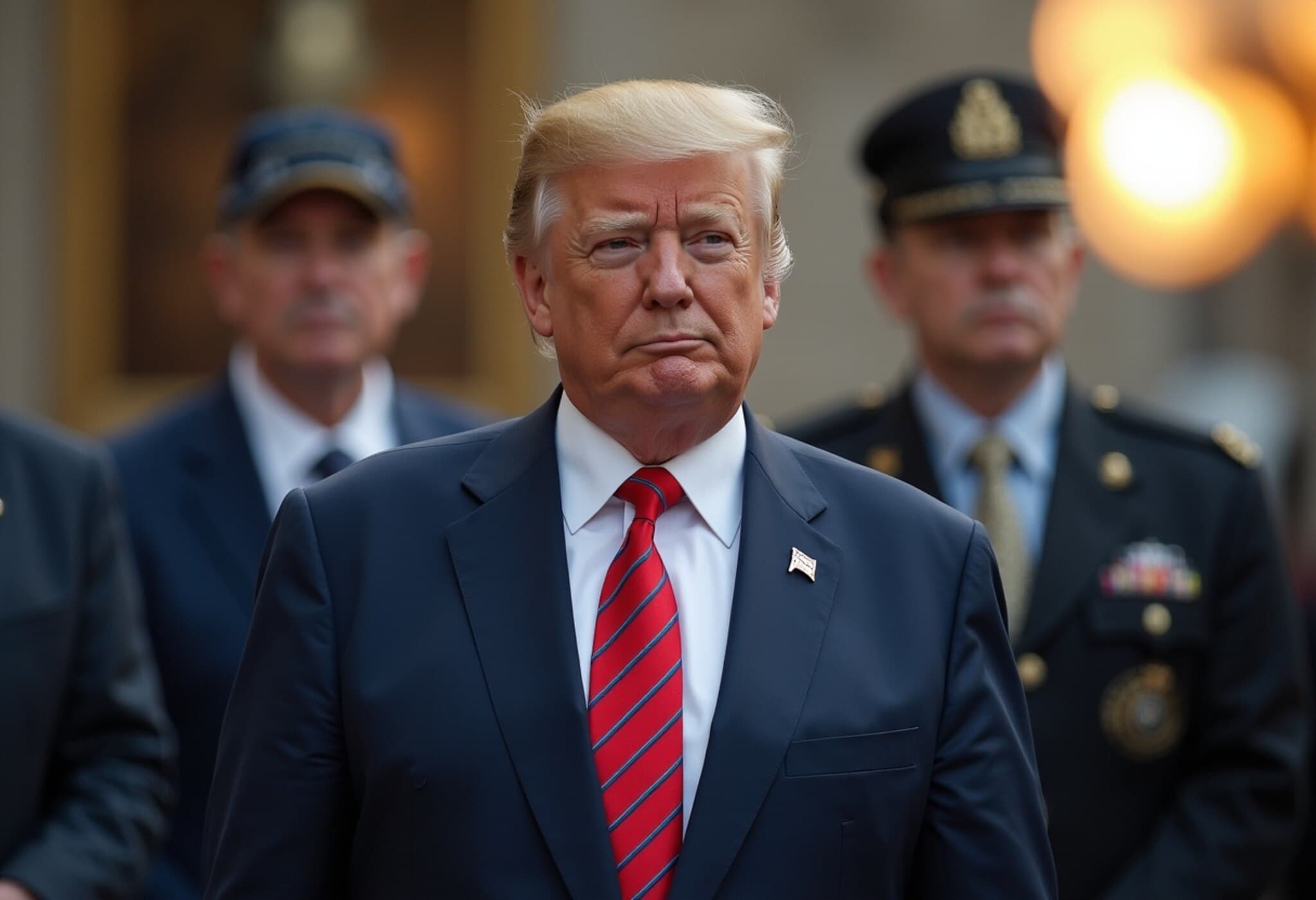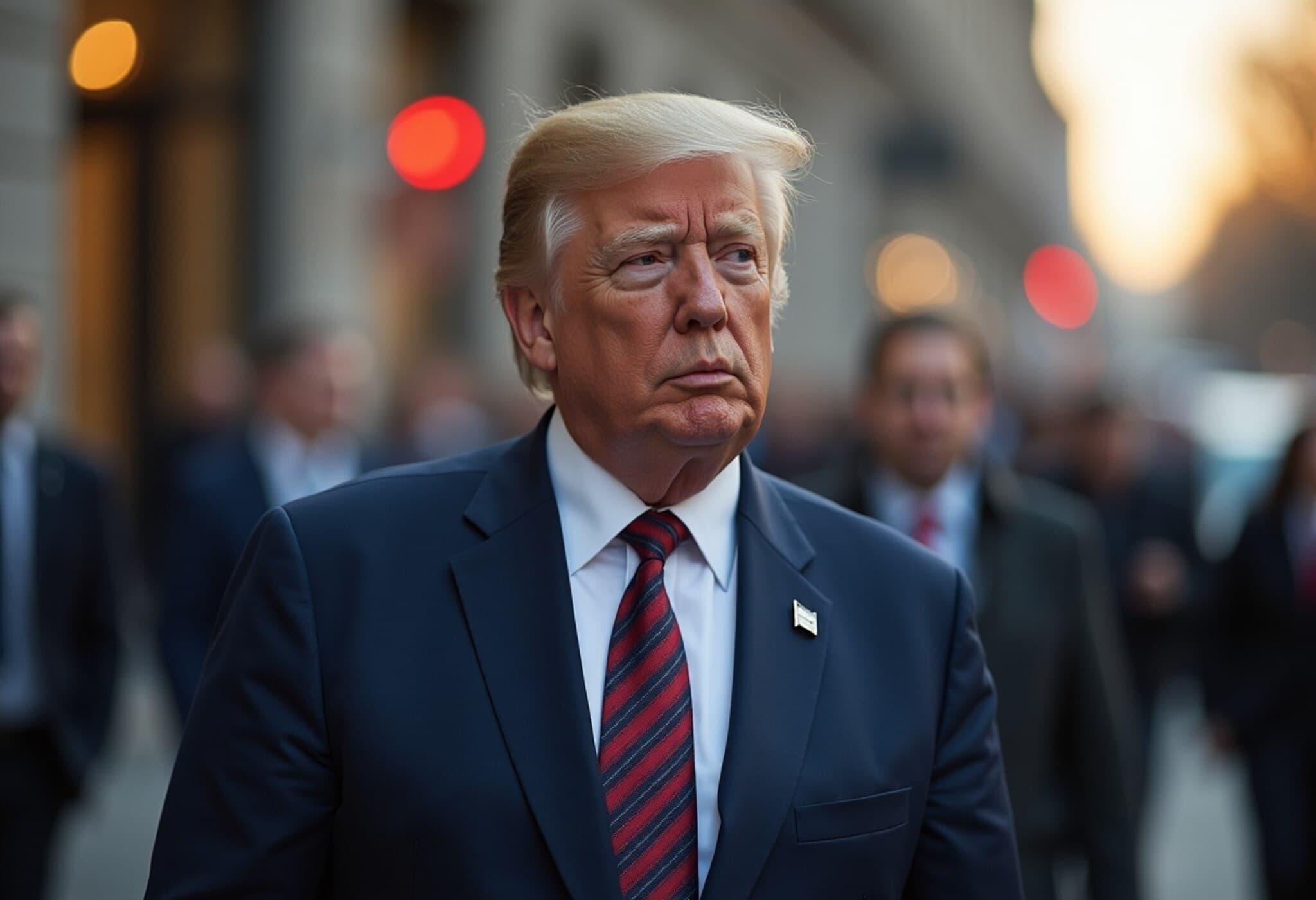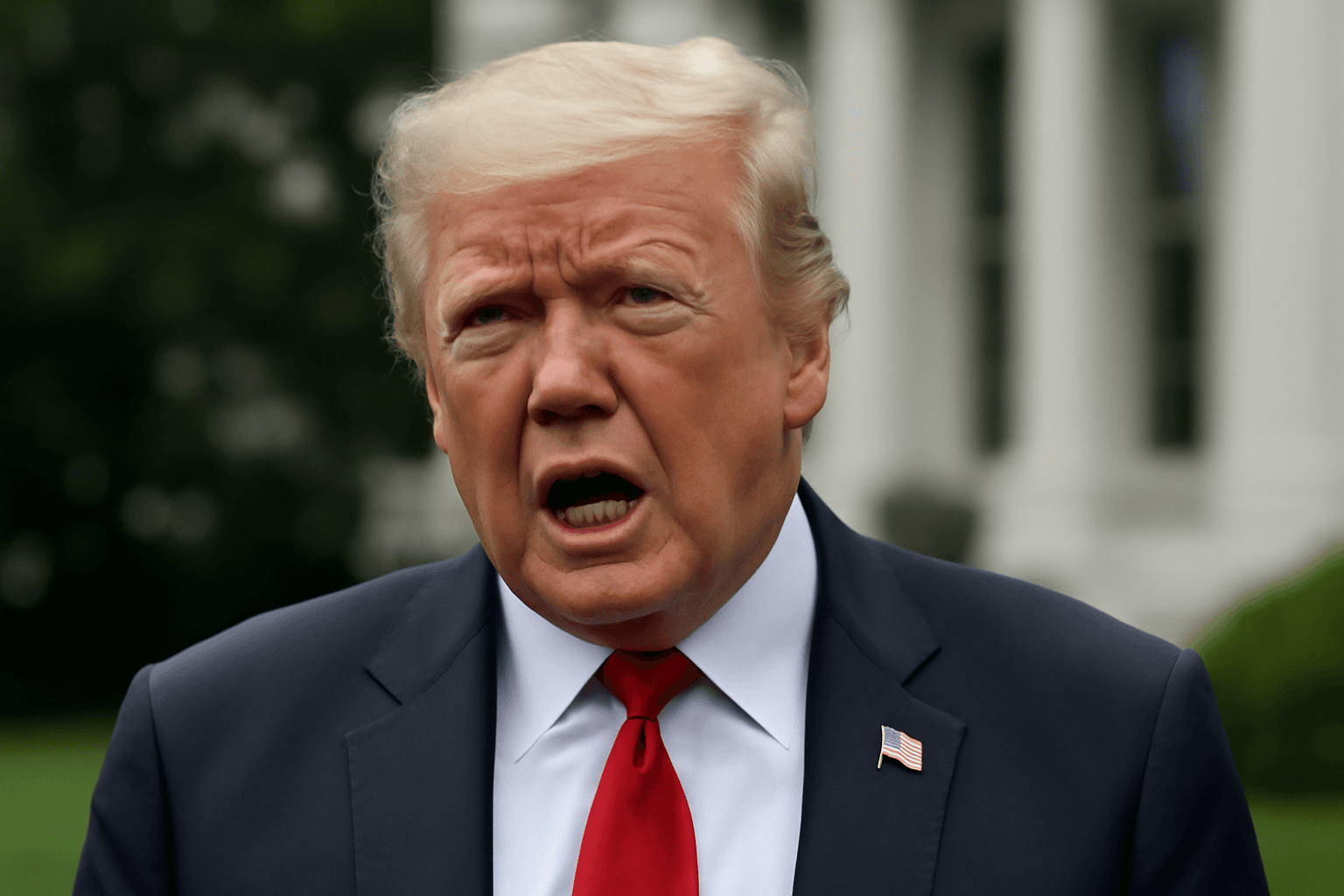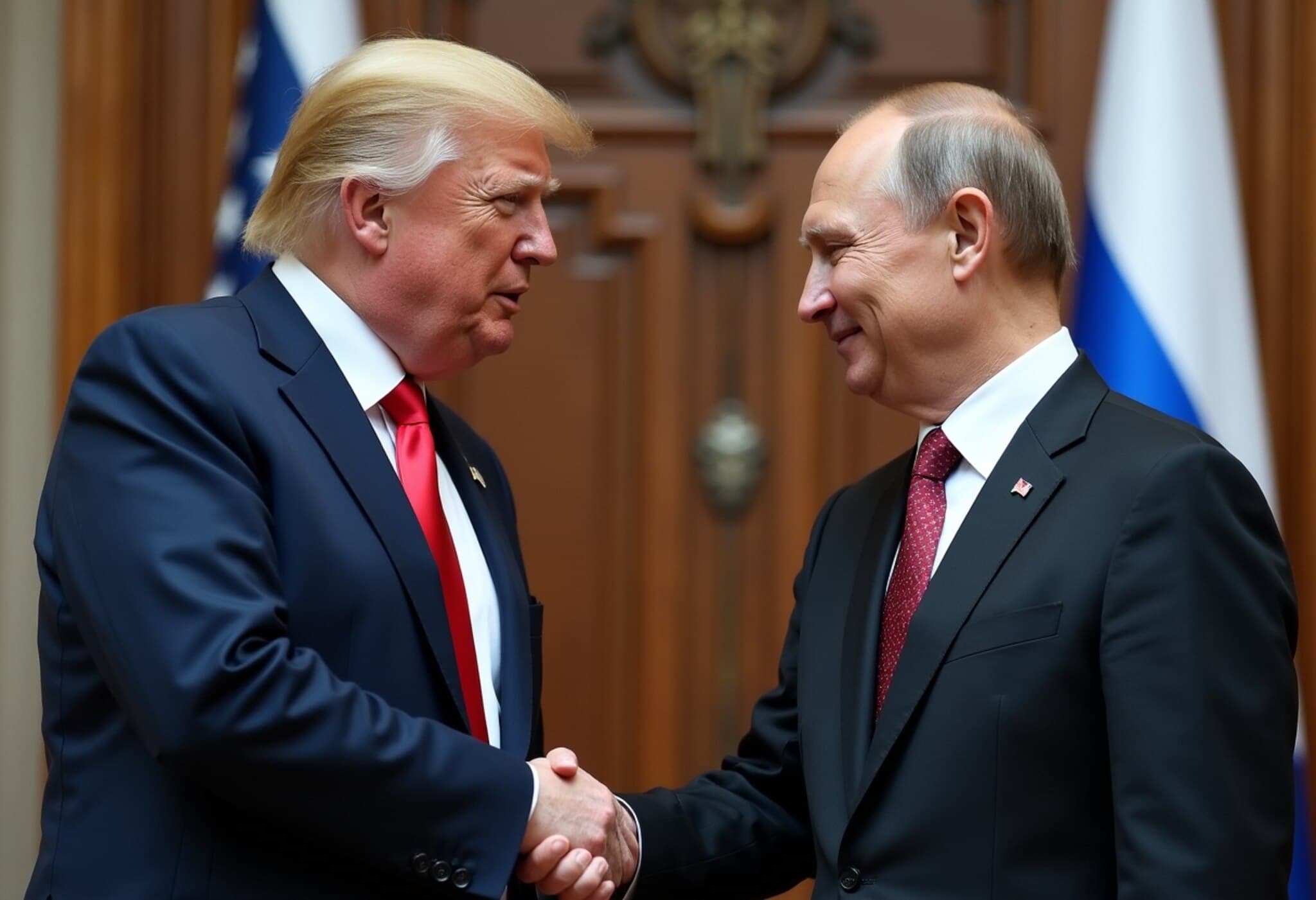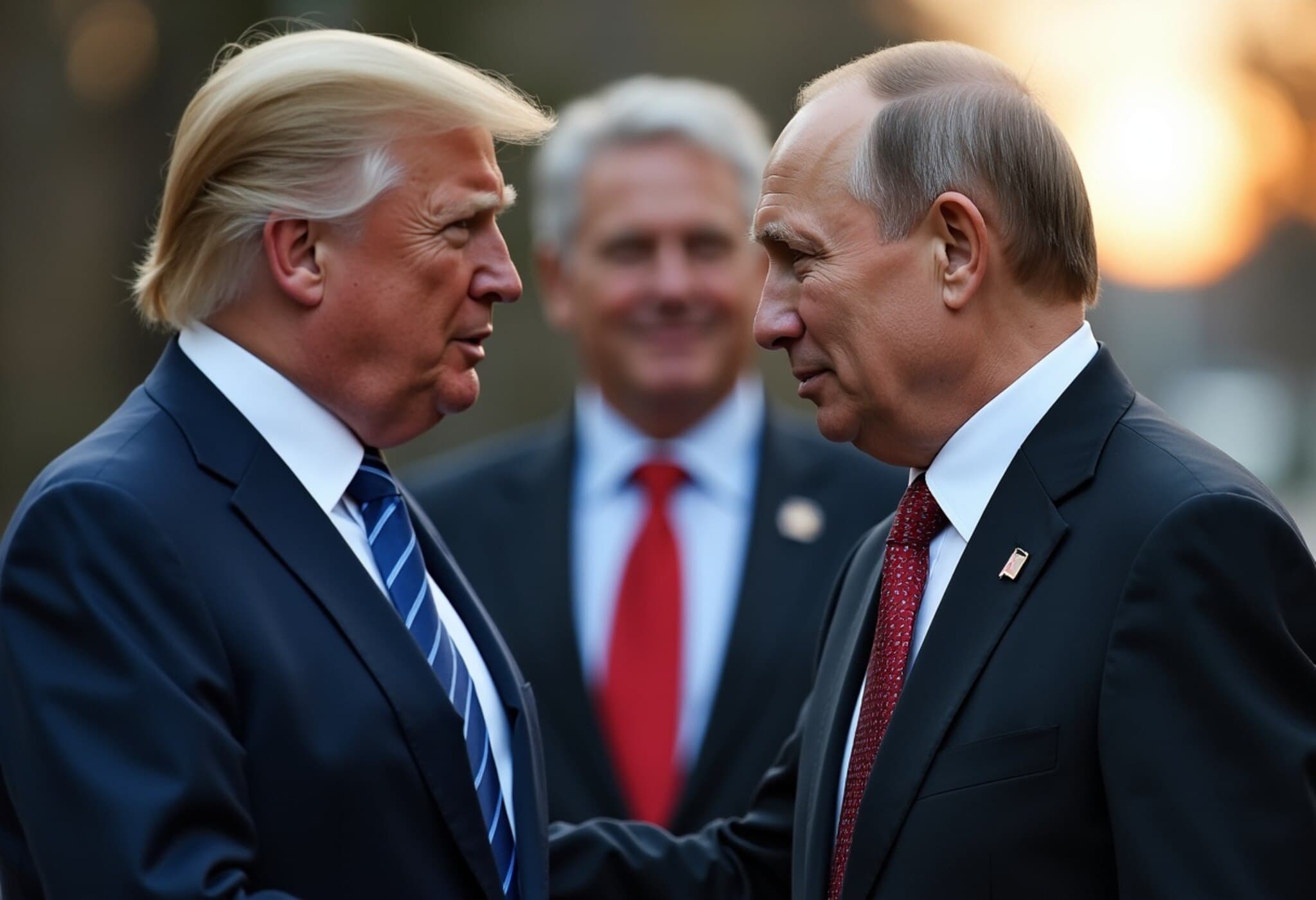White House Weighs Zelenskyy Invitation as Trump Prepares for Putin Talks in Alaska
As President Joe Biden's administration contemplates a critical diplomatic opportunity, reports indicate that the White House is considering extending an invitation to Ukrainian President Volodymyr Zelenskyy to join an upcoming summit in Alaska. This meeting, scheduled for August 15, will see former President Donald Trump engage in discussions with Russian President Vladimir Putin, aiming to explore pathways toward a ceasefire in the protracted conflict in Ukraine.
The Stakes Behind a Potential Trilateral Summit
According to senior U.S. officials and insiders familiar with the deliberations, the proposal to invite Zelenskyy is still in its early stages, with no concrete plans finalized. "It's being discussed," one source noted, emphasizing the hopeful but tentative nature of the talks.
While the Biden administration stresses its openness to a trilateral dialogue involving both Zaporizhzhia and Moscow, its immediate focus remains on coordinating the bilateral meeting between Trump and Putin, which was originally uncertain due to conditions set over Zelenskyy's participation.
Diplomatic Nuances Amid Ongoing Conflict
Trump initially asserted that a face-to-face meeting between Zelenskyy and Putin would be a prerequisite for his own meeting with the Russian leader. However, he later indicated that this was no longer a condition, thereby broadening the scope for negotiations but raising questions about Ukraine’s direct involvement on the same diplomatic stage.
One official briefed on the discussions noted ambiguity about whether Zelenskyy and Putin would be physically present in the same room, underscoring the delicacy and complexity of such high-stakes diplomacy during ongoing hostilities.
Context: The Urgency of Ceasefire Talks
These diplomatic maneuvers come on the heels of intensified efforts to halt hostilities following Trump's envoy Steve Witkoff's confidential meeting in Moscow. Witkoff’s discussions centered around a ceasefire deadline that Putin ultimately did not meet, though the Russian president proposed a peace framework preserving Russia’s control over significant Ukrainian territories.
President Zelenskyy has firmly rejected such territorial concessions, stating emphatically, "Ukrainians will not give their land to occupiers." Meanwhile, Trump suggested a potential land swap could be beneficial to both nations, a viewpoint that diverges from Ukraine’s official stance and reflects ongoing disagreements in the peace process.
Broader Implications for American and Global Policy
This evolving scenario spotlights the intricate balancing act faced by American policymakers. The potential inclusion of Zelenskyy raises questions about the U.S.'s role as a mediator and its messaging to both European allies and domestic constituencies advocating firm support for Ukraine’s sovereignty.
Furthermore, the contrast between the Biden administration's cautious diplomacy and Trump’s unorthodox engagement approach sheds light on internal U.S. political dynamics influencing foreign policy toward Russia and Ukraine.
What’s Next?
- Await official confirmation regarding Zelenskyy’s attendance in Alaska.
- Monitor how trilateral or bilateral discussions address ceasefire prospects and territorial disputes.
- Watch for reactions from European leaders who play a key role in backing Ukraine diplomatically and financially.
Editor’s Note
The possibility of President Zelenskyy's invitation to Alaska represents more than a simple diplomatic formality. It echoes the broader struggle for a balanced ceasefire solution acceptable to Ukraine, Russia, and their international proponents. This developing story poses critical questions: Can diplomacy overcome entrenched conflict narratives? Will the U.S. reconcile its internal political divisions to present a united front? And most importantly, how will any agreements safeguard Ukraine’s sovereignty and the principles of international law?




